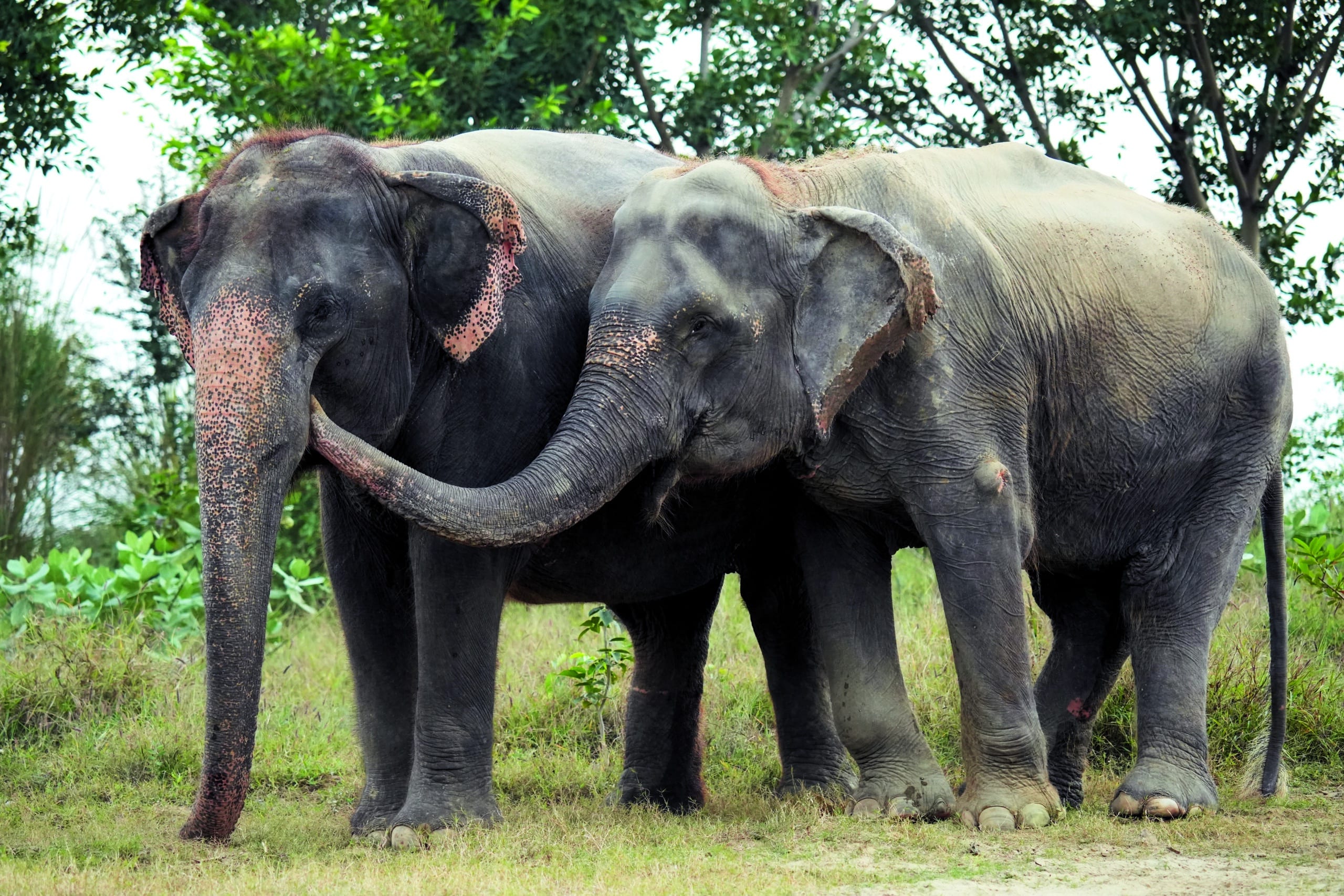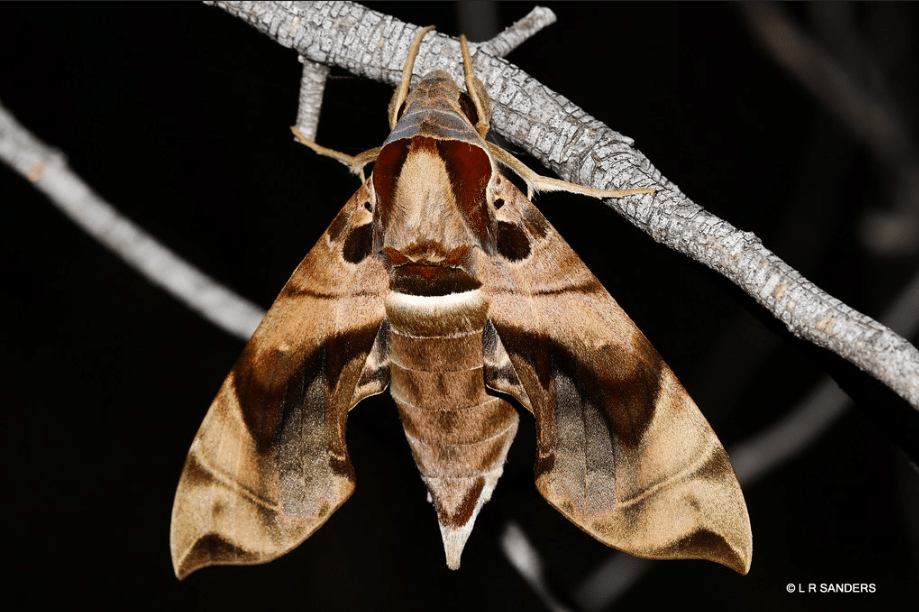You might remember Kalpana—I am happy to report that this year she celebrates her fifth rescue anniversary at Wildlife SOS. Formerly exploited and abused as a ‘begging’ elephant in Uttar Pradesh, Kalpana was rescued in 2019 and brought to the Wildlife SOS Elephant Hospital Campus (EHC) in Mathura for comprehensive...
Queensland has announced that it will trial Catch Alert drumlines on four beaches starting this month. Conservation groups Humane Society International and the Australian Marine Conservation Society welcome the announcement, which follows the release of shocking data last month that revealed 139 marine animals were caught in Queensland’s shark culling equipment during June and July, including one dolphin every 11 days and a turtle every 5 days.
The Catch Alert drumlines will be trialled at Mullambin Beach, Tanby Point, Fishermans Beach and Emu Park Beach on the Capricorn Coast until mid-2022. Designed to alert contractors when an animal is hooked, Catch Alert drumlines allow for animals, whether a shark or otherwise, to be released alive. Presently, Queensland’s traditional drumlines are checked only 260 days a year.
Large tiger, white, and bull sharks caught on the Catch Alert drumlines will be tagged and taken a distance offshore before they are released. Small sharks will be tagged and released on-site, while all other marine animals such as dolphins, turtles, and rays will be released immediately on-site. The ability to rapidly respond to animals caught on the drumlines will reduce the suffering of wildlife and greatly increase chances of survival.
The Catch Alert drumline trial comes more than three years after Humane Society International won a court case that questioned the legality of the lethal shark culling program operated in the Great Barrier Reef Marine Park. The legal action resulted in the Administrative Appeals Tribunal ordering lethal shark control be ended in the Great Barrier Reef as soon as reasonably possible, and that non-lethal swimmer protection be implemented instead. The Tribunal found ‘overwhelming evidence’ that culling sharks did not improve swimmer safety.
The best way to reduce the risk of shark bite is through a suite of modern alternatives such as Catch Alert or SMART drumlines, drone surveillance, personal shark deterrents and education. Archaic culling methods using nets and traditional drumlines are not able to reduce the risk and serve as nothing more than a false sense of security.
Lawrence Chlebeck, marine biologist for Humane Society International, said, “Culling shark populations does not keep swimmers safe and needlessly kills marine wildlife. Humane Society International says the trial will build confidence in modern non-lethal solutions so we can consign culling to history. There are better ways to protect both human lives and marine wildlife.”
Tooni Mahto, Campaign Manager for the Australian Marine Conservation Society, said, “We are pleased to see the Queensland government move forward with a more modern approach to keeping humans and marine wildlife safe in this trial. The sooner they can transition fully to a non-lethal safety strategy, the better for everyone and everything in our oceans.”
HSI and AMCS are currently running a joint initiative to end the use of lethal shark control methods in Queensland in favour of more effective non-lethal technologies. Please visit www.sharkchampions.org.au for more information.
Images of animals caught on Queensland’s shark culling equipment can be found here.


